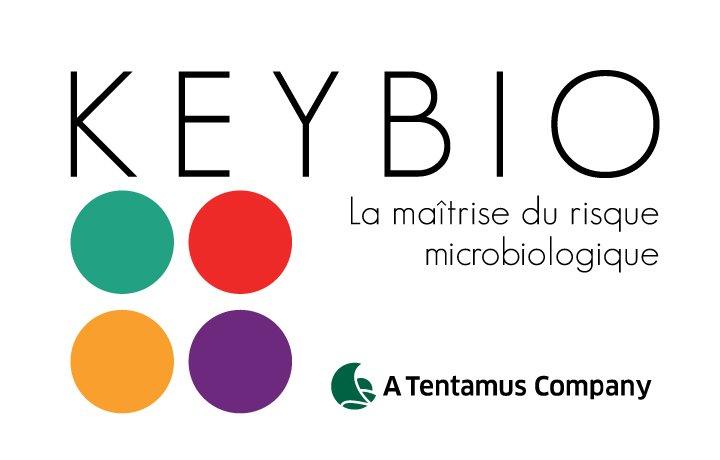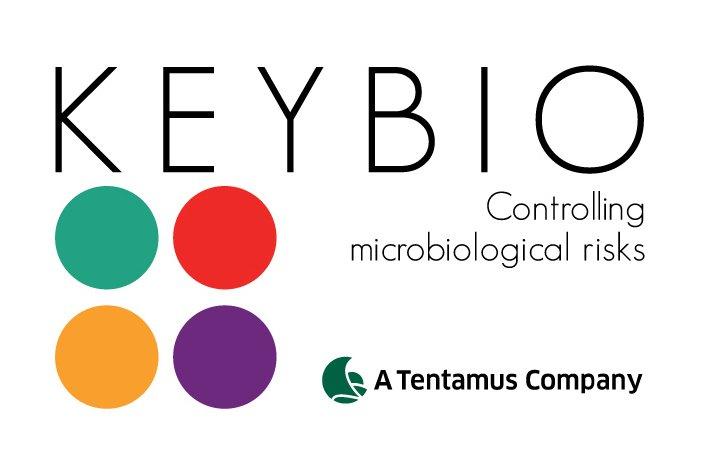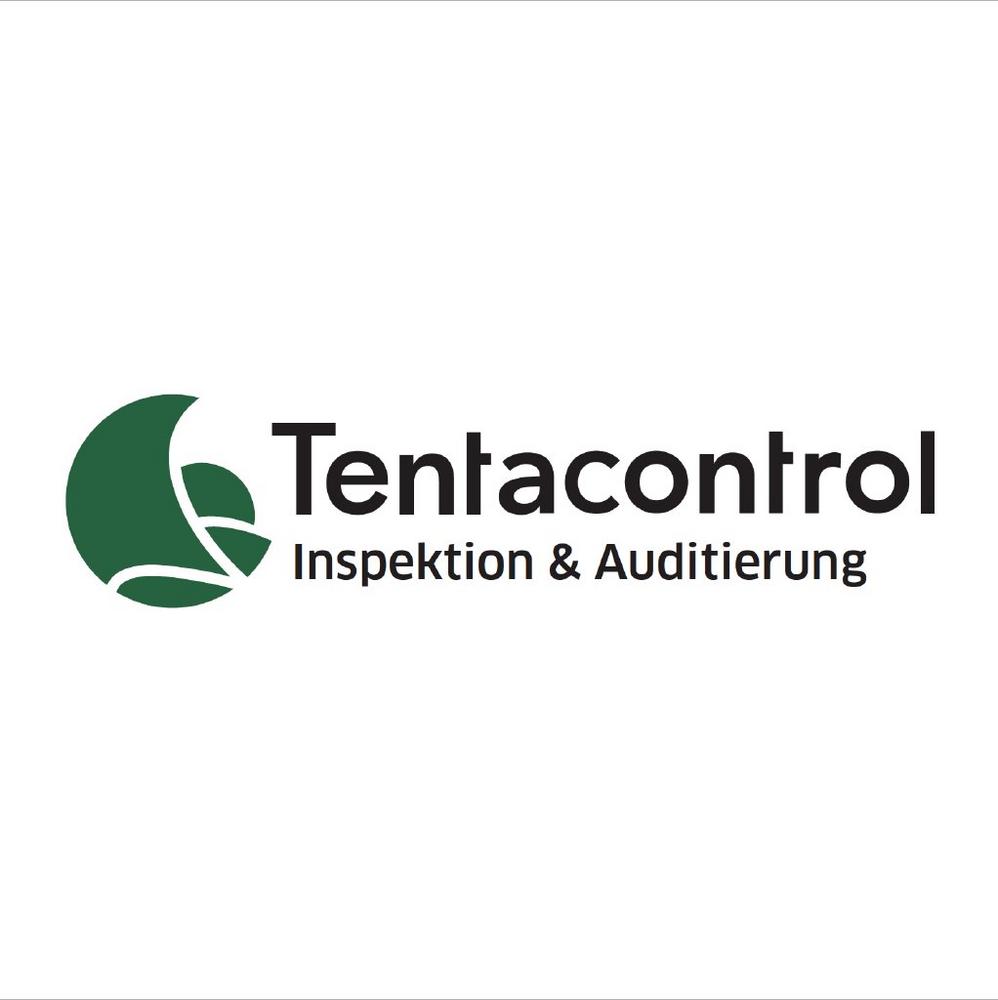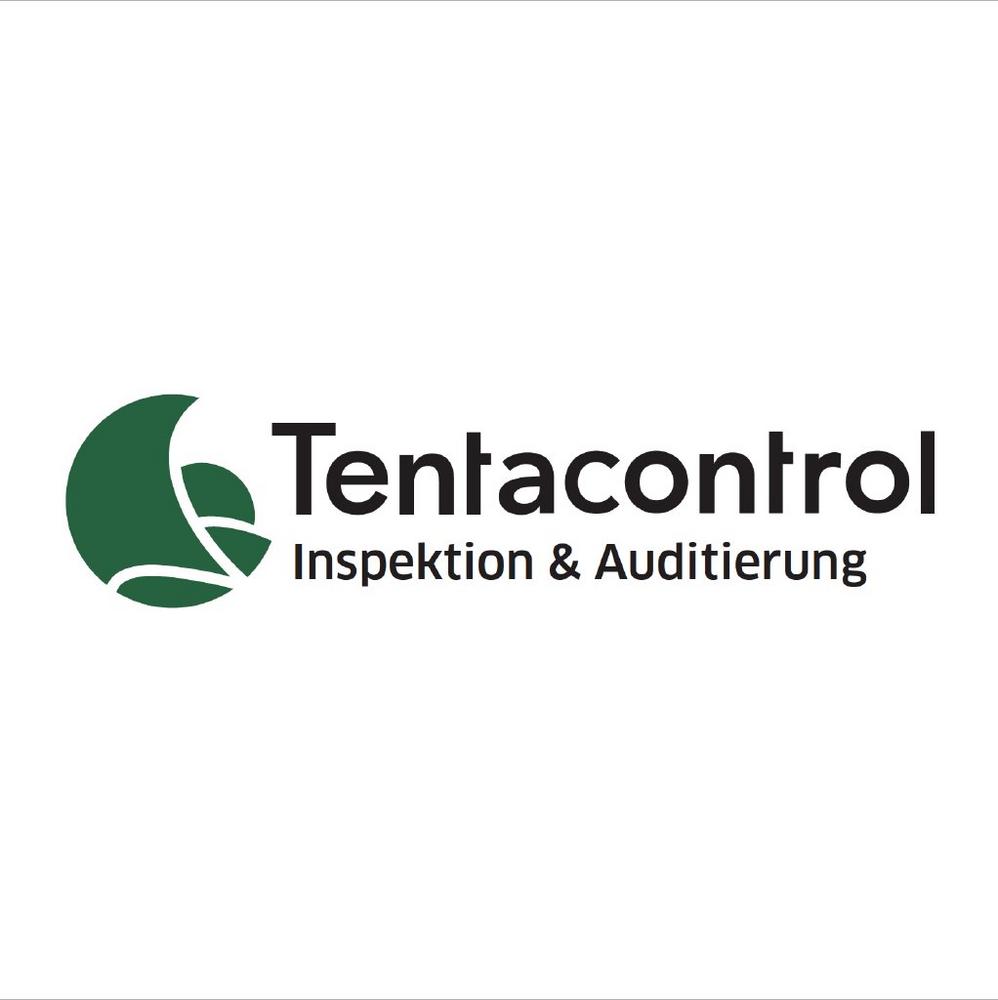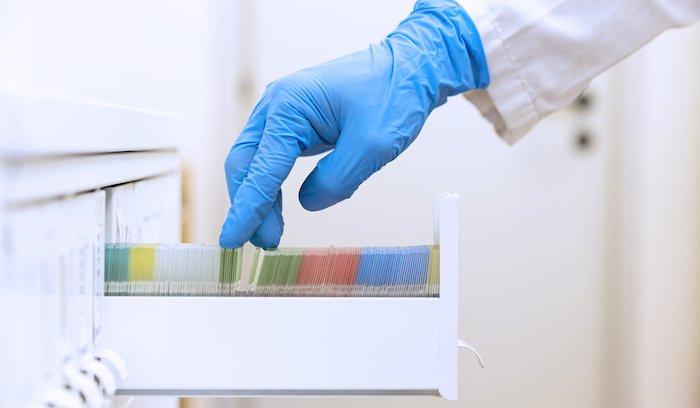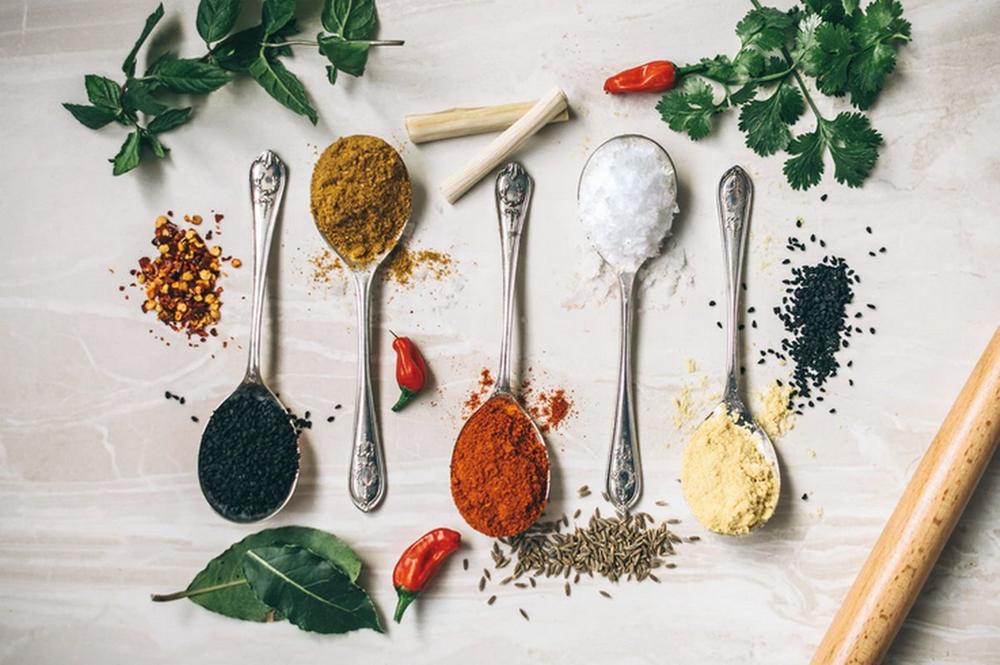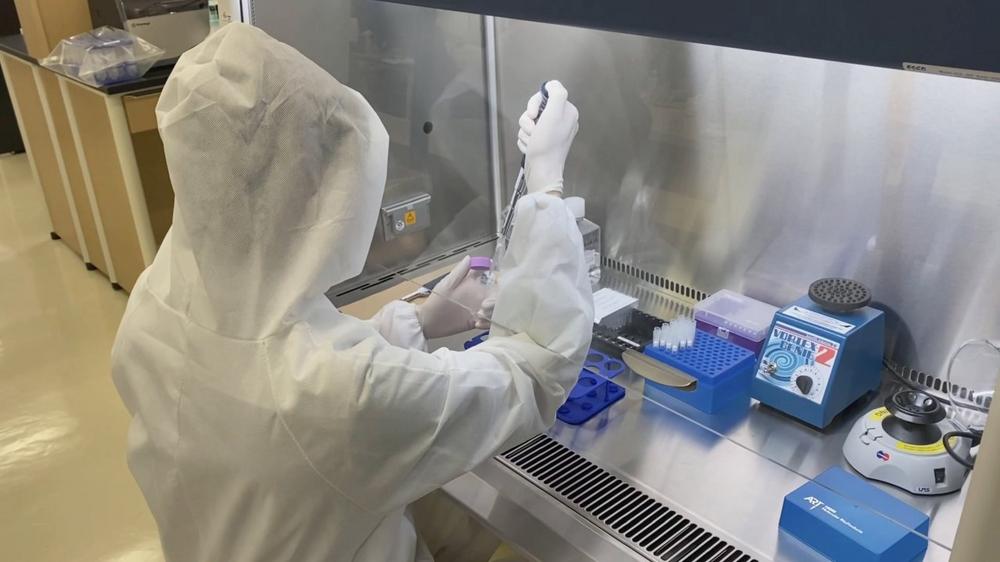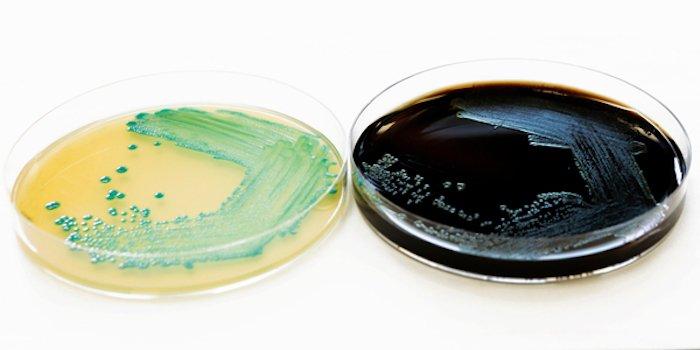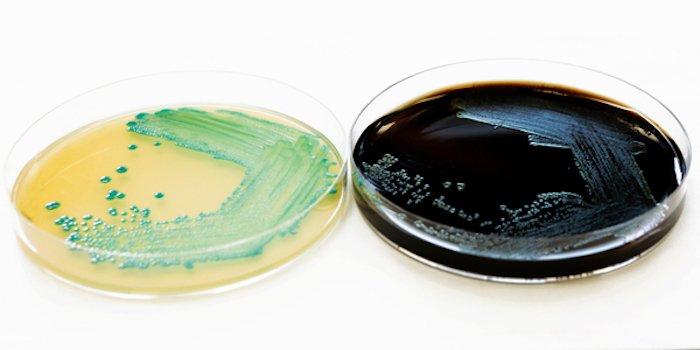-
KEYBIO rejoint le Réseau Tentamus
Christine Lens, présidente de KEYBIO, est très enchantée: “notre souhait était de trouver un partenaire stratégique et international avec le même esprit entrepreneurial que le nôtre. Tentamus répond parfaitement à cette attente. Nous allons pouvoir désormais accélérer notre croissance et répondre aux exigences de nos clients sur les plans local et global. Rejoindre le réseau mondial des laboratoires Tentamus ouvre de nouvelles opportunités pour nous et nos clients. Nous sommes très enthousiastes à l’idée de démarrer cette nouvelle aventure.” “KEYBIO étend l’implantation géographique de Tentamus Group marquant son entrée sur le marché français tout en élargissant son offre et son expertise dans le domaine des tests pour les produits pharmaceutiques,…
-
KEYBIO joins the Tentamus Network!
Christine Lens, CEO of KEYBIO is excited: “it was our goal to find a strategic and international partner who follows a similar entrepreneurial spirit as we do. With Tentamus we found exactly that, which enables us to grow even faster now and support our customers’ needs and wants locally and globally. Joining the worldwide laboratory network of Tentamus opens new opportunities for us and our customers. We are delighted and excited about the journey ahead.” “KEYBIO widens the geographic footprint of the Tentamus Group, marking the first physical entry into the French Market, while expanding the scope and expertise in the pharmaceutical, cosmetic and medical device testing field. More so,…
-
Tentacontrol is an approved inspection body of Initiative Tierwohl
The animal welfare initiative „Initiative Tierwohl“ supported by the Company for the Promotion of Animal Welfare in Livestock Production Ltd, is already planning the 3rd programme phase for 2021 to 2023. As part of the animal welfare initiative “Initiative Tierwohl” companies and associations from agriculture, the meat sector and grocery retail have together made it their objective to promote more humane and more sustainable meat production since 2015. With the development of a comprehensive programme to promote and record animal welfare at the agricultural production level through to slaughter and the operation of the animal welfare initiative as an industry solution, they have taken a significant step towards greater animal…
-
Tentacontrol ist zugelassene Kontrollstelle der Initiative Tierwohl
Die Initiative Tierwohl, getragen von der Gesellschaft zur Förderung des Tierwohls in der Nutztierhaltung mbH, plant schon jetzt die 3. Programmphase für 2021 bis 2023. Unternehmen und Verbände aus Ernährungswirtschaft und Lebensmittelhandel haben sich seit 2015 gemeinsam die Förderung einer tiergerechteren und nachhaltigeren Fleischerzeugung zum Ziel gesetzt. Mit der Entwicklung eines umfassenden Programms zur Förderung und Erfassung des Tierwohls auf der landwirtschaftlichen Produktionsebene bis zur Schlachtung und dem Betrieb der Initiative Tierwohl als Branchenlösung haben sie einen bedeutenden Schritt hin zu mehr Tierwohl in der Nutztierhaltung für Schwein und Geflügel geleistet. Tentacontrol GmbH ist mit dem Start der 1. Programmphase der Initiative Tierwohl in 2015 bei der Trägergesellschaft zur Förderung…
-
Histology for detecting gelling agents, thickeners and stabilisers in meat-based products
The Laemmegroup Laboratory of Moncalieri (Italy) has been active in the field of histology since 2009. For about two years, the Laboratory has been providing food histology services for the compositional quality assessment of meat-based products – for instance, the detection of any residues deriving from previous food processing steps. In addition to this analytical service, the Laboratory has recently introduced a new method allowing to identify the presence of gelling agents, thickeners and stabilisers in meat-based products. Food additives listed in Regulation (EC) No 1333/2008, and falling within codes E400 and E500, are used in the food industry for their gelling, thickening and stabilising properties. From a chemical point of…
-
Why you should be testing for mycotoxin contamination
Mycotoxins are secondary metabolites produced by fungi that contaminate commodities before, during, or after harvest and can have toxic effects in humans and animals. They are classed as secondary metabolites because they are not considered essential for the ‘primary’ purpose of growth and reproduction in fungi. Nevertheless, secondary metabolites have important roles, such as helping the fungus to invade plant tissue and as defence against insect predators or competing fungi. Of a vast range of secondary metabolites produced by fungi, only some are regarded as mycotoxins, and these can affect an array of food and feed, especially cereals, forages, grain, fruits, herbs, spices, nuts and manufactured products. Of most interest…
-
Approval for COVID-19 Human Test – Tentamus Japan Laboratories
In these difficult days we are delighted to announce great news from Tentamus Japan. The laboratories are now approved for COVID-19 testing in humans. Tentamus Japan is already certified for testing of COVID-19 from surfaces, but now the laboratory is also approved for the more critical and essential test for COVID-19 in humans. The Tentamus Japan laboratory is certified for sampling, preparation, testing and reporting for coronavirus in human saliva. The sample is taken directly into a sample vial before transport to the laboratories for testing. Results can be delivered typically within 24 hours. The test samples are measured by the accurate PCR (polymerase chain reaction) method recognised by international…
-
Paul Andrei wird neuer Vorsitzender des VUP
Ab 01.08.2020 bekleidet Paul Andrei das Amt des Vorsitzenden des VUP-Unternehmerkreis Verbraucherschutz und Lebensmittel. Bereits im September 2019 ist Paul Andrei zum stellvertretenden Vorsitzenden des Unternehmerkreises gewählt worden. Er tritt nun die Nachfolge von Frank Kareth an, der berufsbedingt ausscheidet. Die Tentamus Gruppe gratuliert Paul Andrei herzlich zur neuen Position und Kompetenz beim VUP! Paul Andrei leitet als Geschäftsführer das BAV Institut in Offenburg, Deutschland. Das BAV Institut ist ein akkreditiertes Labor für die Prüfung von Lebensmitteln, Kosmetika und Arzneimitteln. Neben Laboranalysen berät und schult das BAV Institut seine Kunden auch rund um die Hygiene- und Qualitätskontrolle. Mehr Informationen finden Sie hier www.bav-institut.de. Über die Tentamus Group GmbH Die Tentamus Group…
-
NEU „TentaSpeed L. mono“: Nachweis von Listeria spp. & Listeria monocytogenes in Lebensmitteln in 6h!
Mit der beim BAV INSTITUT neu entwickelten Schnellmethode „TentaSpeed L. mono“ können in Lebensmitteln niedrige Keimzahlen von Listeria spp. und/ oder L. monocytogenes innerhalb von nur 6h nachgewiesen werden. Das Verfahren wurde für verschiedene Lebensmittelgruppen, wie z.B. Fleisch- und Fischerzeugnisse, Milchprodukte und Käse, Salate, Feinkost- und Convenience-Produkte erfolgreich getestet. Die Nachweisgrenze liegt bei < 20 KbE/g. Der Nachweis der Bakterien basiert bei der neuen 6h-Schnellmethode „TentaSpeed L. mono“ wie bei der 24h-Methode auf der RT-PCR. Allerdings werden bei dieser Schnellmethode vor der Detektion mehrere Arbeitsschritte zur Aufkonzentration der Bakterien durchgeführt. Dem BAV INSTITUT ist hiermit ein Durchbruch gelungen, da erstmals Ergebnisse von Listeria spp. und Listeria monocytogenes in Lebensmitteln innerhalb weniger Stunden vorliegen. Haben Sie Fragen oder…
-
NEW „TentaSpeed L. mono“: Testing for Listeria spp. and Listeria monocytogenes in food in 6h!
With the new rapid method "TentaSpeed L. mono", developed at the BAV INSTITUTE, low bacterial counts of Listeria spp. and/ or L. monocytogenes can be detected in food within only 6h. The process has been successfully tested for various food groups, such as meat and fish products, dairy products and cheese, salads, delicacies and convenience products. The detection limit is < 20 CFU/g. The detection of the bacteria in the new 6-hour rapid method "TentaSpeed L. mono" is based on RT-PCR as in the 24-hour method. However, in this rapid method several steps are carried out to concentrate the bacteria before detection. The BAV INSTITUTE has thus achieved a breakthrough, as for the first time results…

